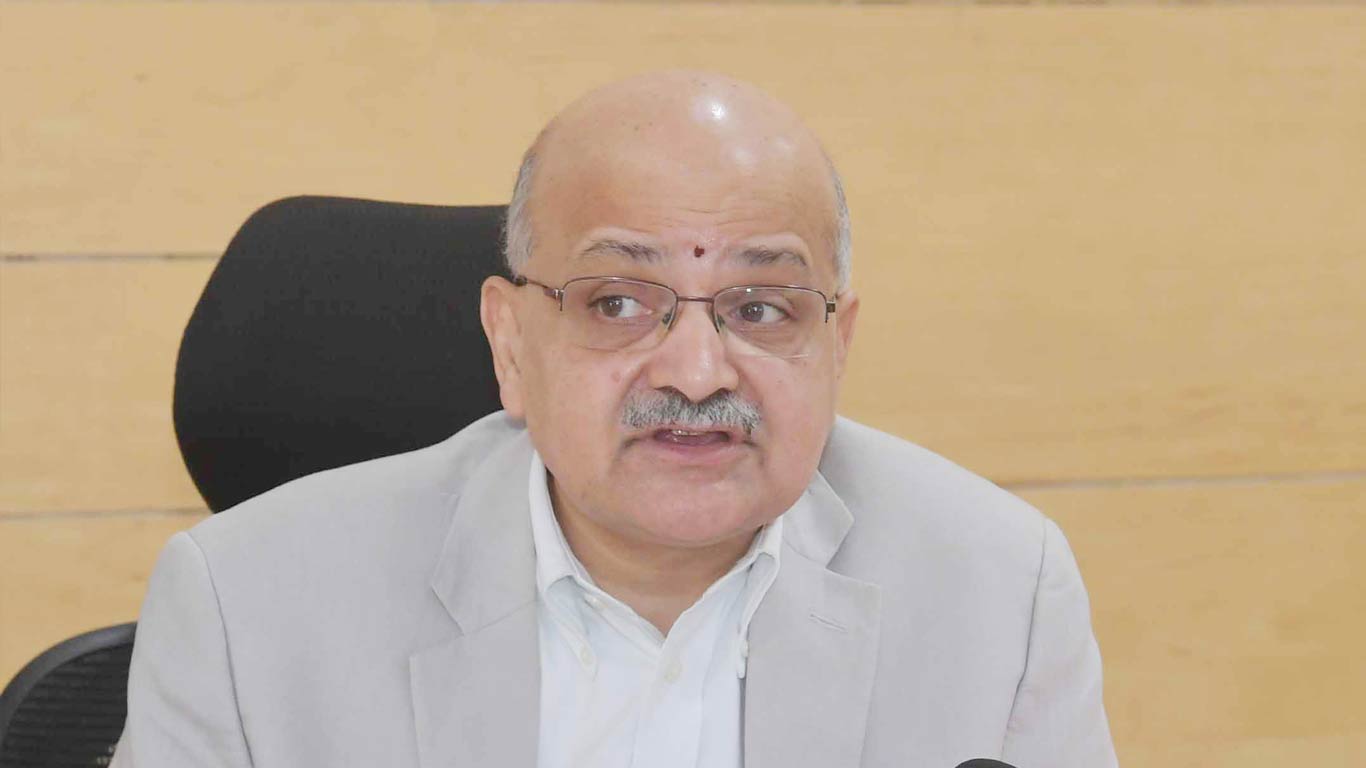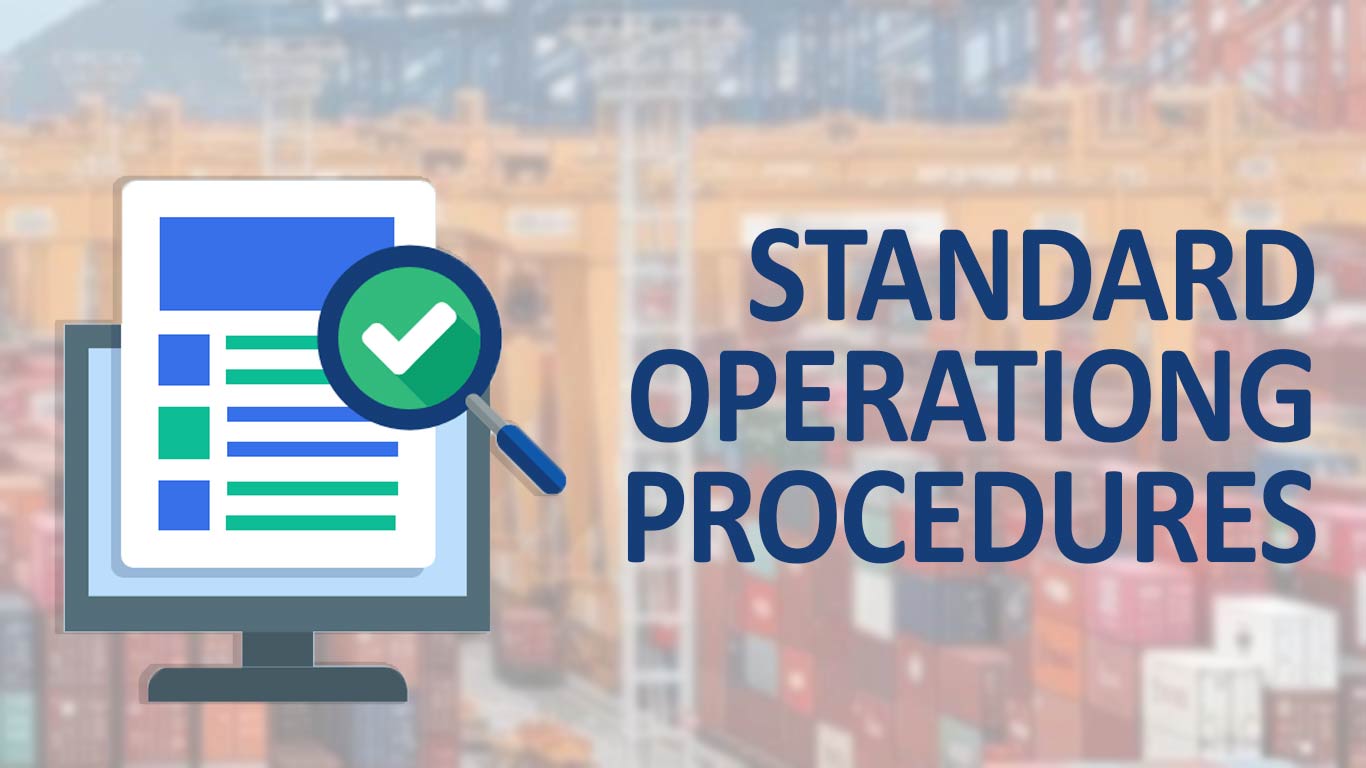India has 2nd highest rate of shadow economy entrepreneurs: Research
Updated: May 29, 2014 04:30:11pm

The researchers suggested if India improved the quality of its democratic institutions to match that of Malaysia, it could boost its rate of formal economy entrepreneurs by up to 50 per cent, while cutting the rate of entrepreneurs working in the shadow economy by up to a third. “This means that the government could benefit from additional revenue such as taxes.”
Shadow entrepreneurs are individuals who manage a business that sells legitimate goods and services but they do not register it. This means that they do not pay tax, operating in a shadow economy where business activities are performed outside the reach of government authorities, according to a research report by the Imperial College Business School in London.
The shadow economy results in loss of tax revenue, unfair competition to registered businesses and also poor productivity - factors which hinder economic development. As these businesses are not registered it takes them beyond the reach of the law and makes shadow economy entrepreneurs vulnerable to corrupt government officials, the report added.
The researchers found that Indonesia has the highest rate of shadow economy entrepreneurs, with a ratio of over 130 shadow economy businesses to every business that is legally registered. After Indonesia the highest rates of shadow economy entrepreneurs are found in India, the Philippines, Pakistan, Egypt and Ghana.
In contrast, the UK exhibits the lowest rate of shadow entrepreneurship among the 68 countries surveyed, with a ratio of only one shadow economy entrepreneur to some 30 legally registered businesses.
"Understanding shadow economy entrepreneurship is incredibly important for developing countries because it is a key factor affecting economic development," said Professor Erkko Autio, co-author of the report, which attempts to analyse the number of entrepreneurs operating in the shadow economy for the first time.
"We found that government policies could play a big role in helping shadow economy entrepreneurs transition to the formal economy. This is important because shadow economy entrepreneurs are less likely to innovate, accumulate capital and invest in the economy, which hampers economic growth," he added.
To create their league table, the researchers combined data from the Global Entrepreneurship Monitor (GEM) and the World Bank. (KNN/SD)











